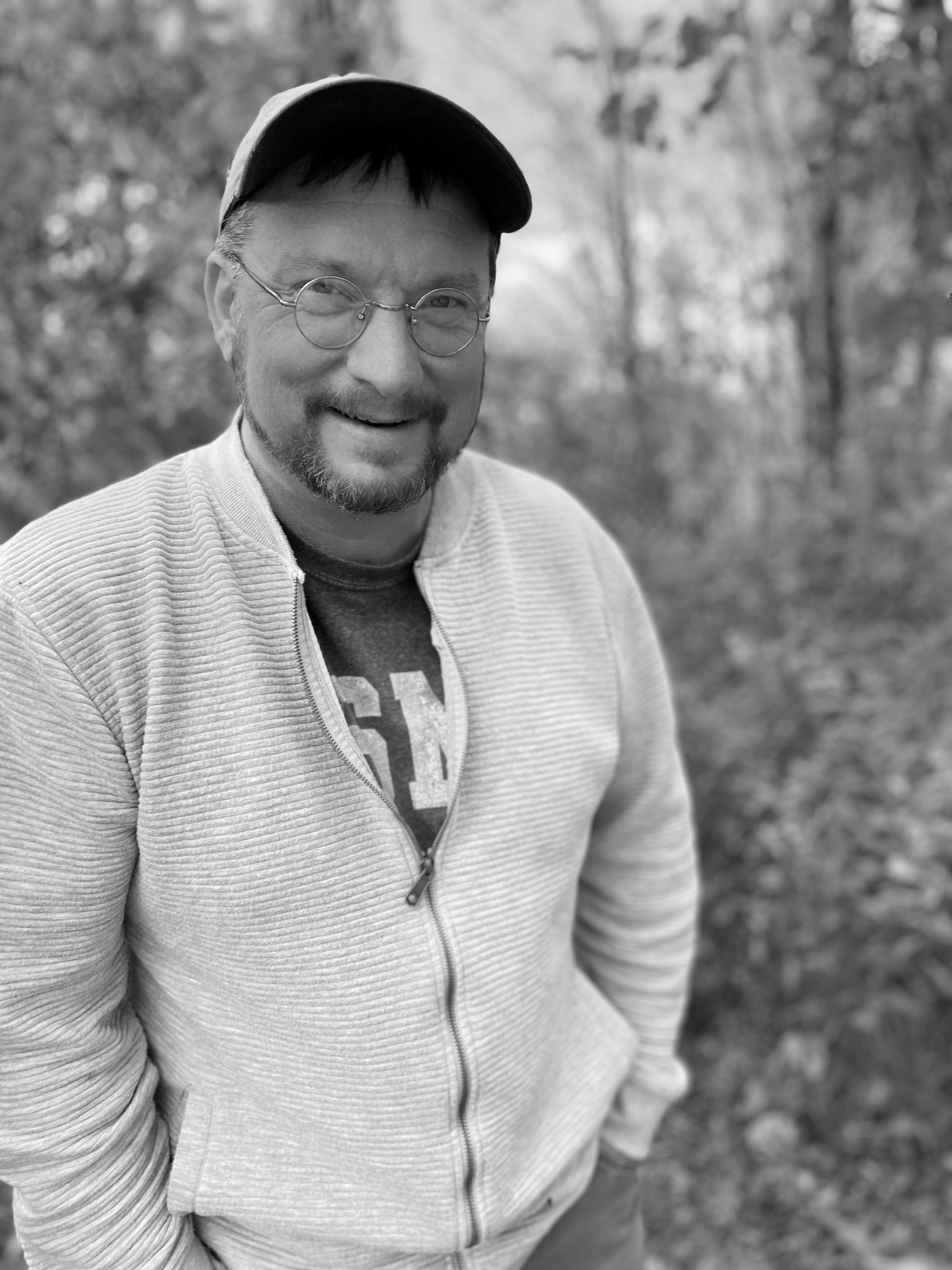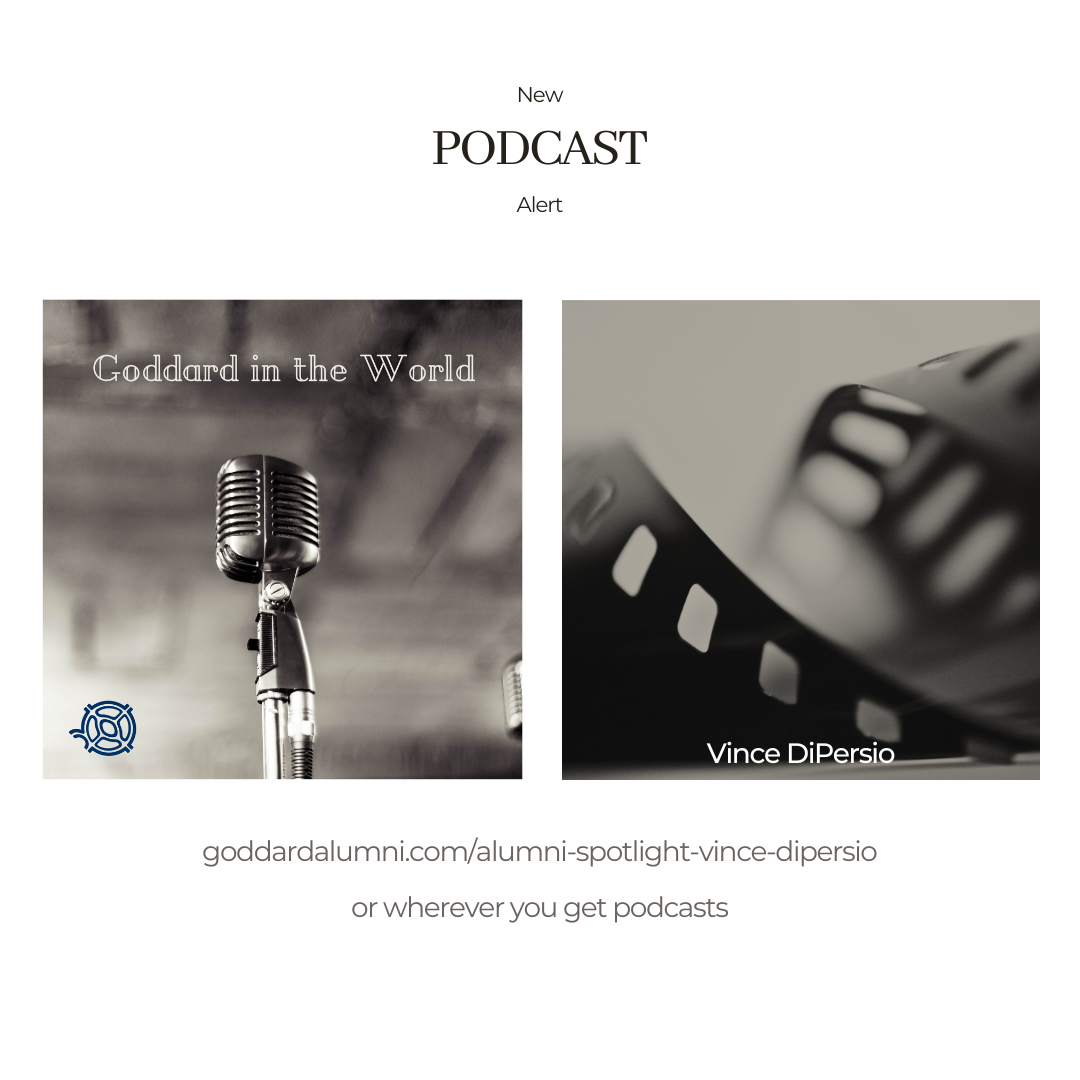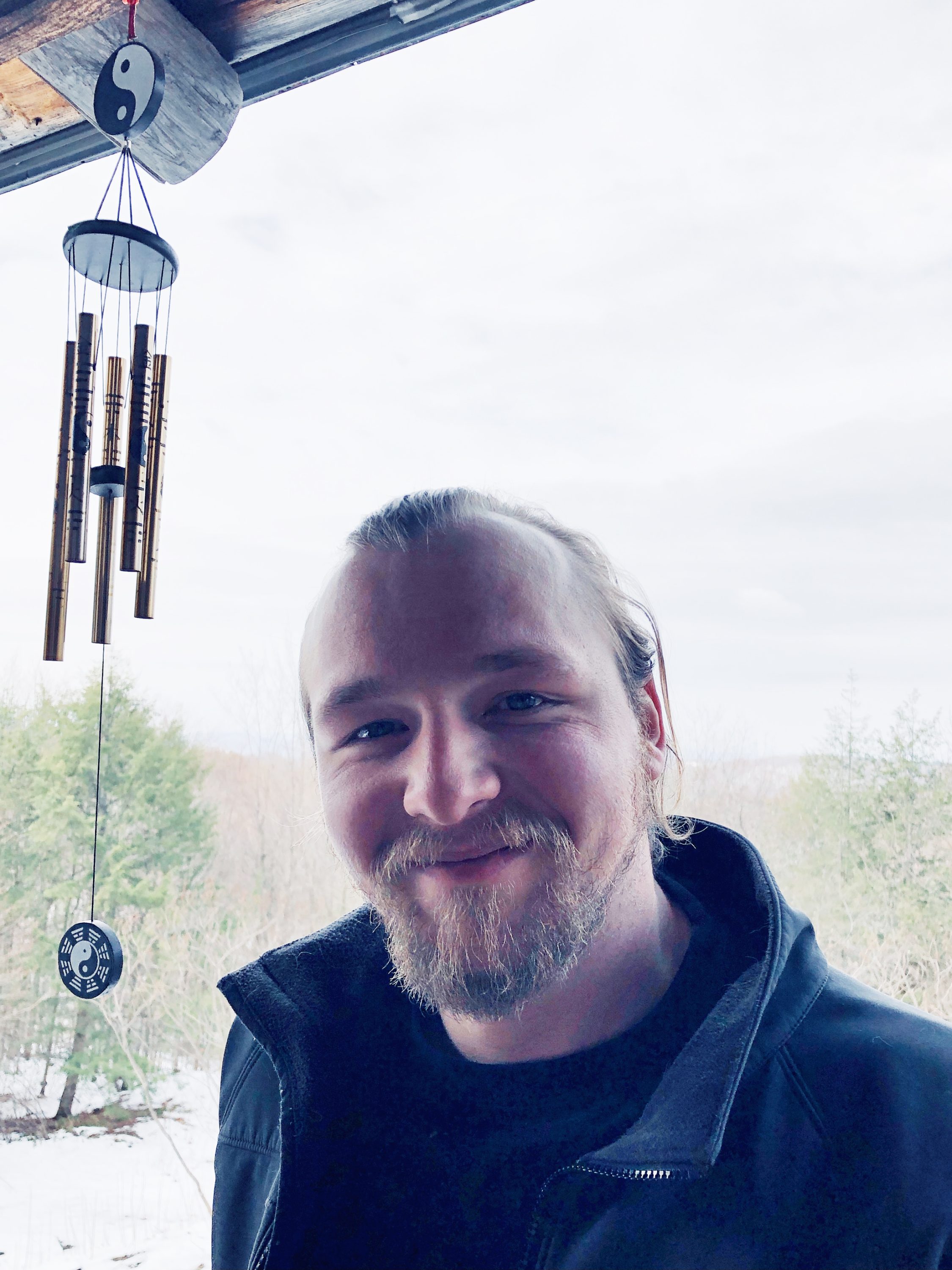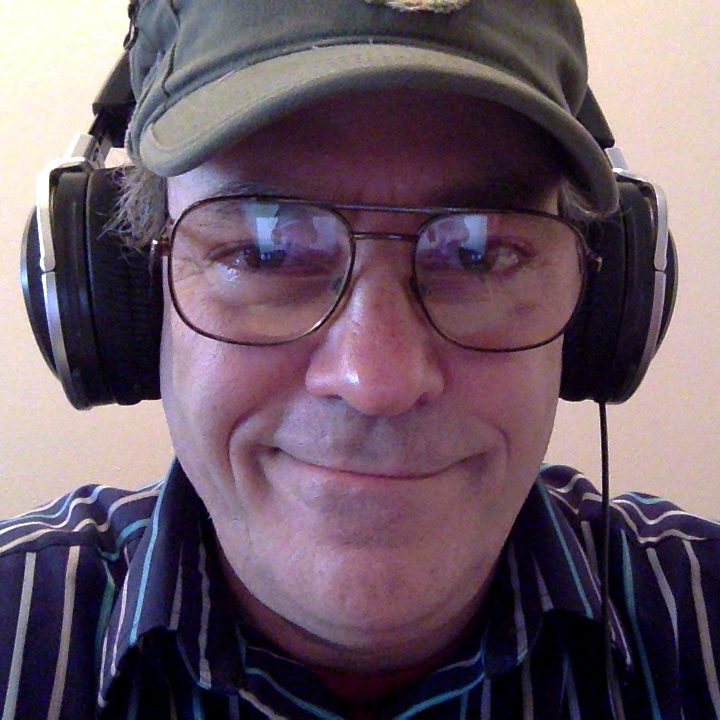Alumni Spotlight: Stephen S. Mills
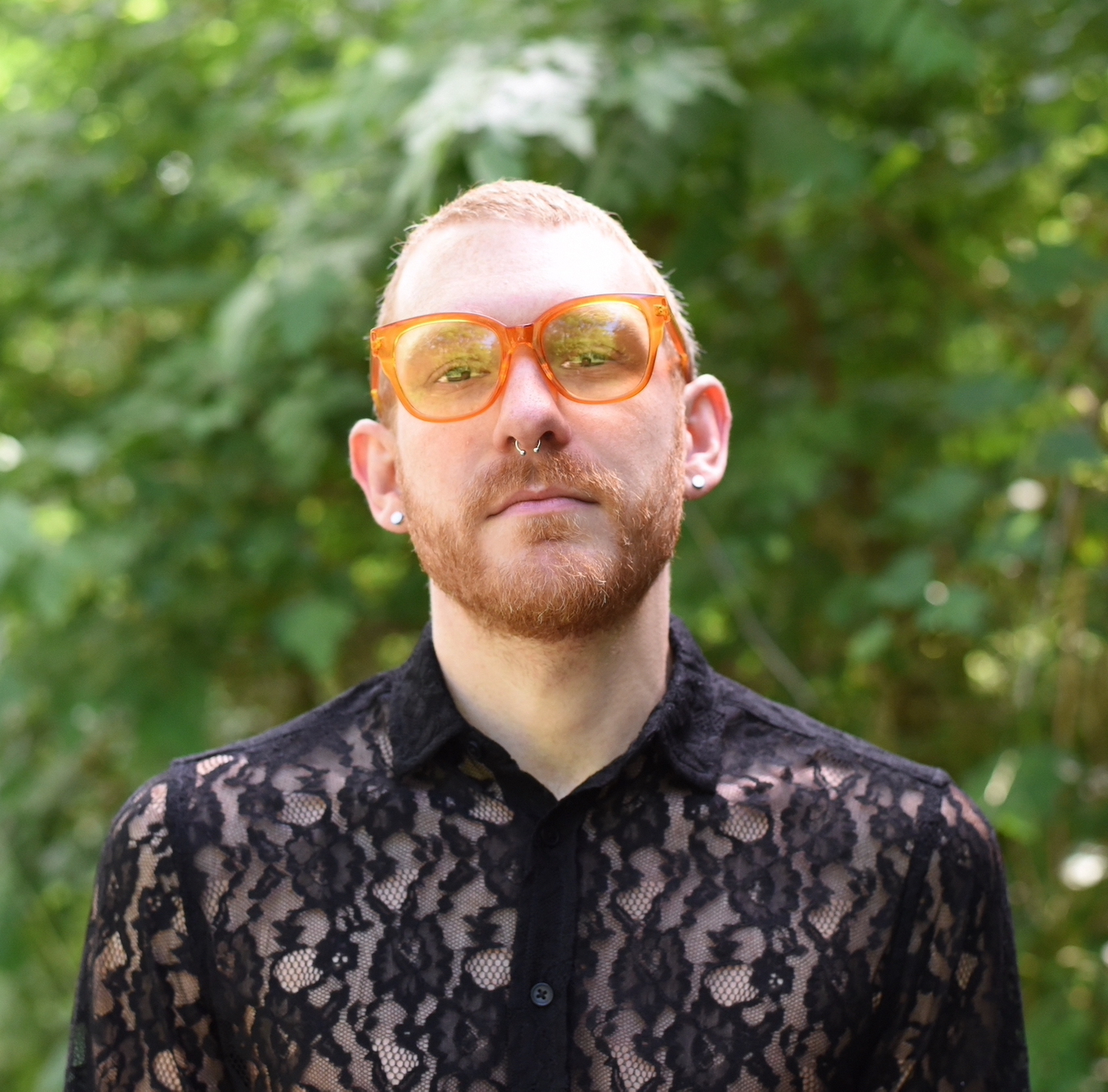
Stephen S. Mills, award-winning author, poet and playwright had, as many of us did, a rather circuitous route to becoming a member of the Goddard community. He grew up in Indiana reading and writing. His first inspiration was the work of Gary Paulsen, writer of Hatchet and other books for young adults. He went to a small liberal arts school in the southeast corner of the state, Hanover College. After graduation, he moved to Tallahassee after being accepted by Florida State’s MFA program. As one of a very few queer people in the program, Stephen was often subjected to more personal examinations of his work. Upon earning his masters, he moved to Orlando where he taught at a for profit school. He taught mostly on-line courses for four and half years. Later, he wrote an essay which was published on The Rumpus about his experience. It was also during this time he wrote his first book, He Do the Gay Man in Different Voices, which came out six months before leaving the sunshine state for New York.
While working at an HIV outreach program, he was approached about interviewing to become part of the Goddard Faculty. He has now taught at the low-residency MFA program for three semesters and has been wowed by the supportive community of students. Stephen loves being able to mentor so many queer writers.
Stephen’s writing draws from history and pulp culture. His most recent book, Not Everything Thrown Starts a Revolution, found its inspiration in a “This American Life” episode, which looked at suicide by proxy, a phenomenon in which people would kill a child and confess in order to be executed. The first part of the book is a fictionalized version of a perpetrator/victim. The second half is set in the modern day with more personal poems that look at the criminal justice system.
In his current creative work, he’s looking at slasher films of the 70’s and 80’s for queer themes. He explores the connection the queer community has to these movies, especially in the way it allows members of the community to identify with the villains in the way in which they are othered.
Connect with Stephen
Stephen’s Work:
- “Surviving a For-Profit School”: https://therumpus.net/2013/07/17/surviving-a-for-profit-school/
- He Do the Gay Man in Different Voices: https://siblingrivalrypress.bigcartel.com/product/he-do-the-gay-man-in-different-voices-by-stephen-s-mills
- A History of the Unmarried: https://siblingrivalrypress.bigcartel.com/product/a-history-of-the-unmarried
- Not Everything Thrown Starts a Revolution: https://siblingrivalrypress.bigcartel.com/product/not-everything-thrown-starts-a-revolution-by-stephen-s-mills
Follow Stephen:
- Website: https://www.stephensmills.com
- Instagram: @stephenscott22


